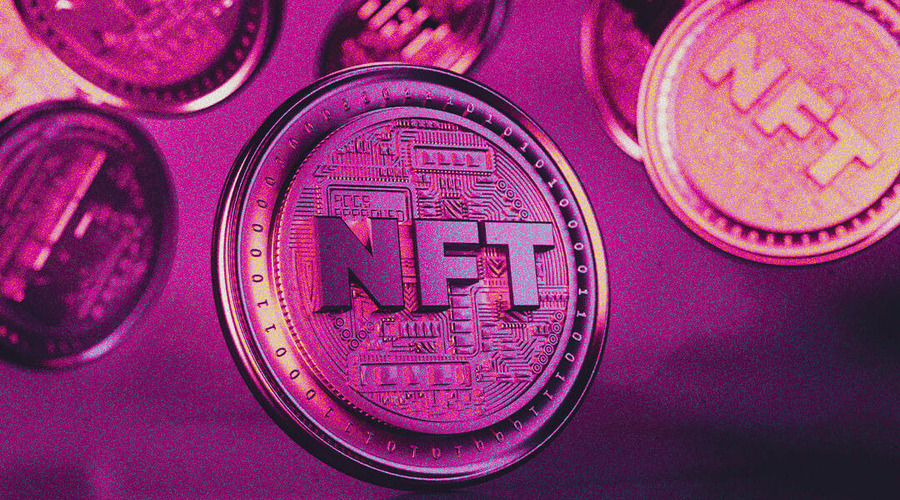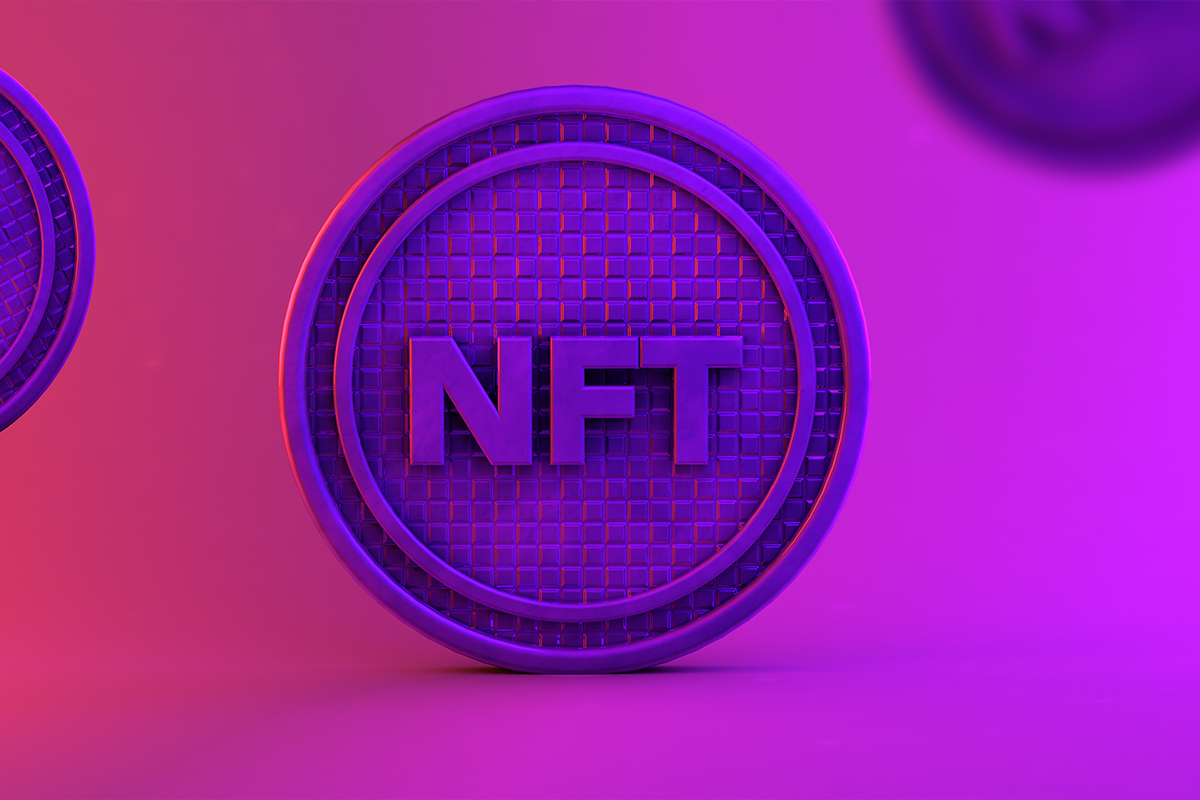NFTs (Non-Fungible Tokens) have gained immense popularity in recent years, revolutionizing the digital asset landscape. These unique tokens, built on blockchain technology, enable ownership and provenance tracking of digital assets such as art, collectibles, and virtual real estate. However, the increasing value and significance of NFTs have also attracted the attention of hackers and malicious actors. To ensure the integrity and security of NFTs, it is crucial to implement robust security measures, including NFT security auditing and certification processes.
Introduction to NFT Security
NFT security auditing involves a comprehensive assessment of the security aspects of a Non-Fungible Token project. It aims to identify vulnerabilities, mitigate risks, and ensure the trustworthiness of the underlying smart contracts, codebase, and associated components. By conducting thorough security audits, Non-Fungible Token creators, platforms, and investors can enhance the trust and confidence of participants in the ecosystem.
Understanding NFT Security Auditing
NFT security auditing is the process of evaluating the security posture of Non-Fungible Token projects to identify potential vulnerabilities, weaknesses, and risks. It involves a meticulous review of the smart contract code, external dependencies, and overall architecture to ensure the protection of NFT assets and the associated ecosystem.
Importance of NFT Security
The importance of NFT security cannot be overstated. NFTs represent valuable digital assets that can be bought, sold, and traded on various platforms. Any compromise in the security of these assets can result in significant financial losses, reputation damage, and loss of user trust. NFT security auditing plays a critical role in mitigating these risks and ensuring the longevity and success of the Non-Fungible Token market.
Risks and Vulnerabilities in NFTs
NFTs face various risks and vulnerabilities that make them attractive targets for attackers. Smart contract vulnerabilities, including coding errors and logical flaws, can lead to exploits and theft of NFT assets. Additionally, insecure external dependencies, such as oracles and decentralized storage systems, can introduce vulnerabilities into the NFT ecosystem. Non-Fungible Token security auditing aims to uncover and address these risks before they are exploited.
NFT Security Auditing Process
To ensure comprehensive security, Non-Fungible Token security auditing follows a well-defined process. This process involves multiple stages, including pre-audit preparation, code review and analysis, penetration testing, smart contract security, external dependency auditing, and adherence to best practices for NFT security.
Pre-Audit Preparation
Before conducting an NFT security audit, it is crucial to define the scope, objectives, and criteria for the audit. This includes identifying the specific components to be audited, such as smart contracts, token mechanics, and associated infrastructure. Proper documentation and understanding of the NFT project are essential for an effective audit.
Code Review and Analysis
In this stage, auditors thoroughly review and analyze the smart contract code underlying the NFT project. They examine the code for potential vulnerabilities, such as reentrancy attacks, integer overflows, and authorization flaws. Auditors also assess the overall design and architecture of the smart contracts to identify any potential weaknesses.
Penetration Testing
Penetration testing involves simulating real-world attack scenarios to assess the resilience of the NFT project’s security measures. Ethical hackers attempt to exploit vulnerabilities and gain unauthorized access to NFT assets. This process helps identify potential security gaps and provides valuable insights into the effectiveness of existing security controls.
Smart Contract Security
Smart contract security is a crucial aspect of NFT security auditing. Auditors evaluate the adherence of the smart contracts to best practices, industry standards, and coding guidelines. They also assess the implementation of access controls, input validation mechanisms, and other security measures to ensure the integrity and confidentiality of Non-Fungible Token assets.
External Dependency Auditing
Many NFT projects rely on external dependencies, such as oracles, decentralized storage systems, and external APIs. Auditors assess the security of these dependencies, ensuring they are properly integrated, free from vulnerabilities, and follow best practices. Insecure external dependencies can expose NFT projects to various risks, including data manipulation and unauthorized access.
Best Practices for NFT Security
NFT security auditing promotes the adoption of best practices to enhance the overall security of Non-Fungible Token projects. These best practices include secure coding practices, secure development lifecycle, regular security updates and patching, secure key management, and continuous monitoring of security controls. Adhering to these practices can significantly reduce the risk of security breaches and attacks.
Benefits of NFT Security Auditing

NFT security auditing offers several benefits to Non-Fungible Token creators, platforms, and investors.
- Enhanced Trust and Confidence: By undergoing an NFT security audit, creators and platforms can demonstrate their commitment to security and gain the trust and confidence of users and investors. Auditing provides assurance that the NFT assets and associated infrastructure have undergone rigorous testing and meets industry best practices.
- Protection Against Attacks and Exploits: NFT security auditing helps identify and address potential vulnerabilities and weaknesses in Non-Fungible Token projects. By proactively mitigating these risks, audited projects can significantly reduce the chances of attacks, exploits, and financial losses. This protection is vital in an environment where attackers are constantly looking for vulnerabilities to exploit.
- Improved Marketability of NFTs: Audited NFT projects have a competitive advantage over unaudited ones in the market. Investors and collectors are more likely to engage with audited projects, knowing that their assets are secure and the associated risks are minimized. The certification of a Non-Fungible Token project’s security can greatly enhance its marketability and attract a wider user base.
NFT Certification Processes
Certification processes play a vital role in establishing the security and trustworthiness of NFT projects. These processes involve evaluating NFT projects against specific criteria and standards set by certifying organizations.
- Certifications and Standards: Certifications for NFT security can vary based on industry standards and best practices. Some well-known certifications include CertiK, OpenZeppelin, and ConsenSys Diligence. These certifications assess Non-Fungible Token projects against predefined security criteria, such as code quality, secure key management, and protection against known vulnerabilities.
- Certifying Organizations: Certifying organizations are responsible for evaluating Non-Fungible Token projects and awarding security certifications. They employ experienced auditors and security experts who conduct thorough assessments and audits of Non-Fungible Token projects. These organizations provide independent validation of an NFT project’s security and help build trust within the ecosystem.
- Auditing Criteria and Requirements: To obtain a security certification, Non-Fungible Token projects must meet specific criteria and requirements outlined by certifying organizations. These criteria often cover areas such as code quality, secure development practices, secure key management, external dependency security, and adherence to industry standards.
Choosing a Reliable NFT Security Auditor
When selecting an NFT security auditor, it is crucial to consider certain factors to ensure the effectiveness and credibility of the audit.
- Experience and Expertise: Look for auditors with a proven track record in Non-Fungible Token security auditing. Experience in auditing similar projects and a deep understanding of blockchain technology and smart contract security are essential. Experienced auditors can provide valuable insights and identify potential risks more effectively.
- Reputation and Reviews: Research the reputation and reviews of potential auditors or auditing firms. Check for testimonials, case studies, and client feedback to gauge their credibility and professionalism. Positive reviews and a solid reputation indicate a reliable and trustworthy auditor.
- Comprehensive Audit Reports: Ensure that the auditor provides comprehensive audit reports that detail the findings, vulnerabilities discovered, and recommendations for remediation. Clear and concise reports help NFT creators and platforms understand the security weaknesses and take appropriate measures to address them.
- Ongoing Support and Updates: Consider auditors who offer ongoing support and updates to keep NFT projects secure in the long term. Security threats and vulnerabilities evolve over time, so having access to updated security information and guidance is crucial for maintaining the security of NFT assets.
Conclusion
NFT security auditing and certification processes are vital to ensure the integrity, trustworthiness, and protection of NFT assets. By following a thorough auditing process, implementing best practices, and obtaining security certifications, Non-Fungible Token creators, platforms, and investors can mitigate risks, enhance marketability, and build a secure and thriving NFT ecosystem.
FAQs
How often should NFTs be audited for security?
The frequency of Non-Fungible Token security audits depends on various factors, such as the complexity of the project, the level of external dependencies, and the rate of updates and changes. Generally, it is recommended to conduct regular security audits, especially when significant updates or changes are made to the project.
Can NFT security audits guarantee complete protection?
While Non-Fungible Token security audits significantly reduce the risk of attacks and vulnerabilities, they cannot guarantee complete protection. Audits help identify and mitigate known risks, but new vulnerabilities may emerge over time. It is important to maintain vigilance, follow best practices, and stay informed about the latest security trends and threats.
Are there any legal requirements for NFT security audits?
The legal requirements for Non-Fungible Token security audits vary depending on the jurisdiction and specific regulations. It is advisable to consult legal experts familiar with blockchain and NFT-related laws to ensure compliance with relevant regulations and obligations.
Is it possible to perform a self-audit for NFT security?
While it is possible to perform a self-audit, it is often recommended to engage independent auditors or auditing firms with specialized expertise in Non-Fungible Token security. Self-audits may overlook certain vulnerabilities or lack the objectivity and thoroughness of an external audit.
Can NFT security audits prevent all types of attacks?
Non-Fungible Token security audits significantly reduce the risk of attacks, but they cannot eliminate all potential threats. Audits help identify and address known vulnerabilities, but new attack vectors may emerge. It is important to maintain a proactive approach to security, stay updated on the latest threats, and implement ongoing security measures.

